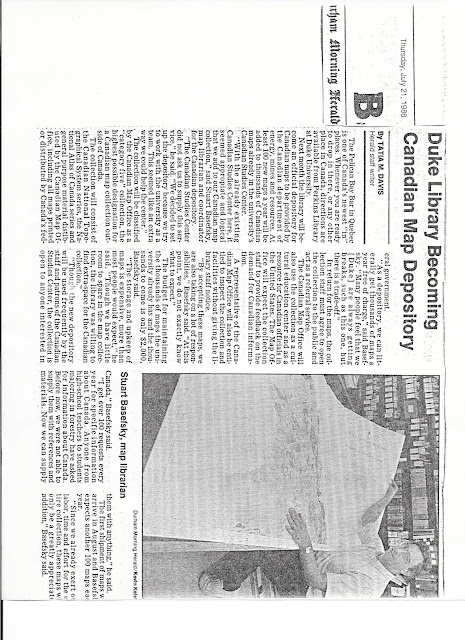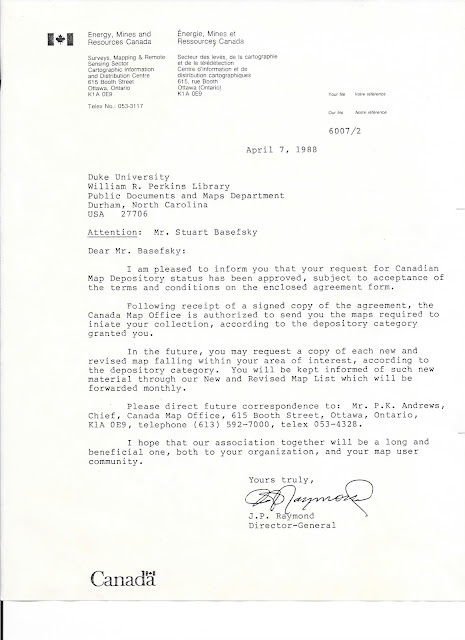The following public policy proposal is still relevant today.
Official residences
Christian Science Monitor, The (Published as CHRISTIAN SCIENCE MONITOR) - February 12, 1987
Author/Byline: Stuart M. Basefsky
Edition: All
Section: Opinion
Page: page 15
THE question of congressional pay raises is a serious public-policy issue. It is not, however, important enough to have challenged our
American ingenuity to solve, at least in part, the ongoing dilemma of how to survive in Washington on a congressional salary.
Obvious to me is the need for permanent residences for our elected officials. Surprisingly, I have yet to hear any policymaker suggest that
each state purchase a permanent Washington residence for its federal representatives.
Surely this would put an end to the sob stories, pleas, and tactical silence that result in predictable and regular pay raises for
congressmen.
Foreign countries purchase embassies and residences for their representatives. Why can't states (or perhaps campaign supporters)
acquire equivalent facilities in Washington for their elected officials?
Aside from the fact that congressmen could no longer complain that they cannot find adequate housing at reasonable cost, the following
other benefits would accrue to congressmen, their states, and the District of Columbia:
*Congressmen could be assessed a fixed (low) percentage of their income to repay the state and maintain the residence.
*All constituents would know of a permanent address and telephone number for their representatives regardless of who is in office.
*Equity in the residence could be used by the state for unspecified purposes.
*The District of Columbia would get a long-needed face lift.
*Congressmen could opt to live elsewhere at their own expense while maintaining an office and reception area at the permanent
residence.
*And most welcome would be the relief from cries of elective hardship heard with the advent of each Congress.
It is an American mystery how congressmen can raise thousands and even millions of dollars for a campaign to gain an elective office
which they cannot afford and for which, apparently, no money can be garnered.
Let's find long-term solutions and end this national embarrassment.
Stuart M. Basefsky is the public documents and map librarian at Duke University, Durham, N.C.
Record: FEB12027
Copyright: Copyright 1987, 1996 The Christian Science Monitor
Thursday, April 21, 2016
Wednesday, April 20, 2016
Letter to Editor, THANKS TO WORKERS (including Stuart Basefsky), in The Chronicle, Friday, April 24, 1987, page 12.
The following Letter to the Editor of The Chronicle documents a student's impression of services rendered at Duke University.
Duke Library Becoming Canadian Map Depository [Stuart Basefsky], in Durham Morning Herald, Thursday, July 21, 1988.
The following article documents the scope of the Canadian Map Depository collection that would be housed at Perkins Library, Duke University. This was an initiative of Stuart Basefsky.
Duke Librarian's Idea Leads to Gazetteers File [Stuart Basefsky], in Durham Morning Herald, Friday, July 10, 1987, page 3B.
The Duke News Service posted the following article about Stuart Basefsky's Gazetteer initiative with the Congressional Information Service (CIS) which was picked up by the Durham Morning Herald.
CANADIAN MAP DEPOSITORY CONFIRMATION FOR DUKE UNIVERSITY [initiative of Stuart Basefsky], letter dated April 7, 1988.
Below is the official letter from the Canadian Government establishing the Canadian Map Depository at Duke University dated April 7, 1988. Stuart Basefsky was responsible for this initiative as documented in the letter.
Wednesday, April 6, 2016
BASEFSKY BRINGS PROPER NEUROSIS TO HIS JOB, in The Chronicle, Tuesday, October 29, 1991, pages 1 and 6
Stuart Basefsky firmly believes that among one's purposes in life is to "match your neurosis with your occupation" which is a phrase first mentioned in the article below.
Perkins Service Ties Duke, D.C. [Stuart Basefsky], in Duke Dialogue, April 20, 1990, vol.4, no. 42, pages 1 and 6
Stuart Basefsky initiated relations with Congressional Quarterly (CQ) for public policy purposes in 1985. In the Fall of 1988, his efforts resulted in Duke becoming the first university to incorporate the use of the Washington Alert Service (CQ) for campus-wide access. Stuart became a member of the Advisory Board of the Washington Alert Service and continued in this capacity on behalf of Duke until his departure to Cornell University in 1993.
Subscribe to:
Comments (Atom)







